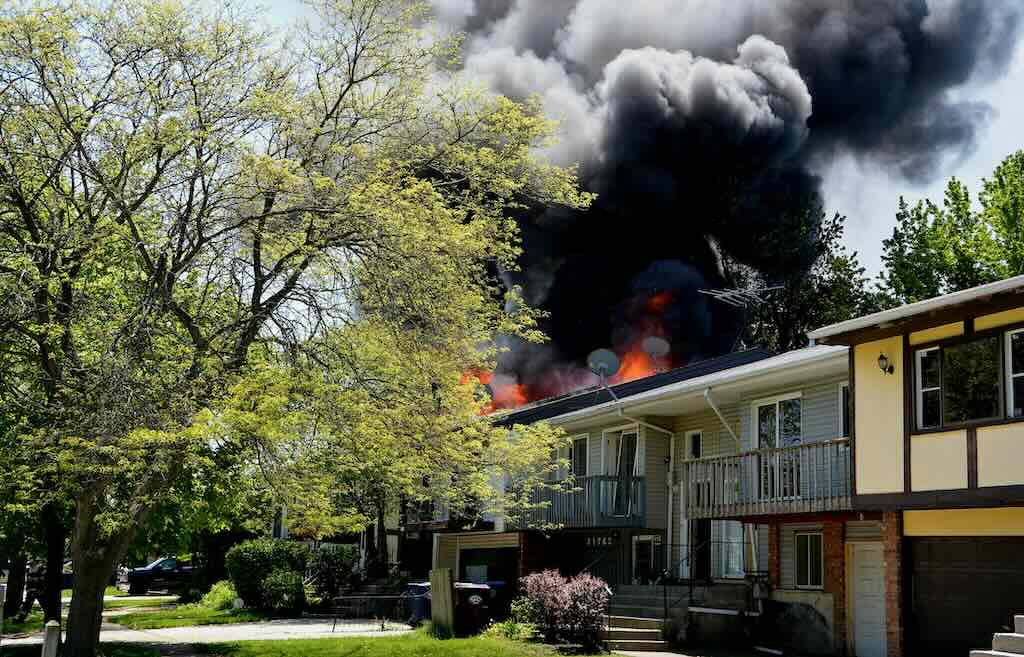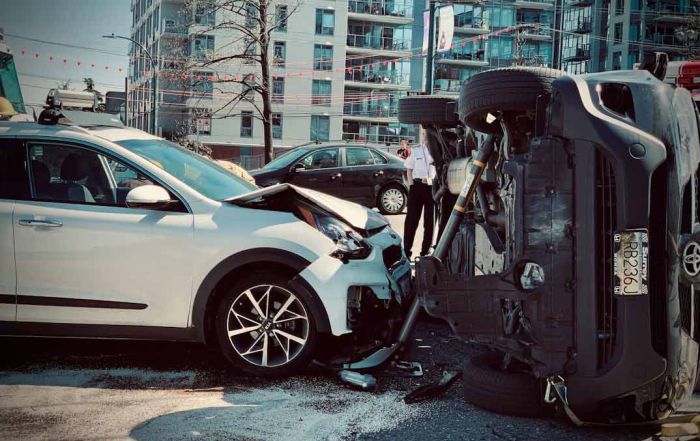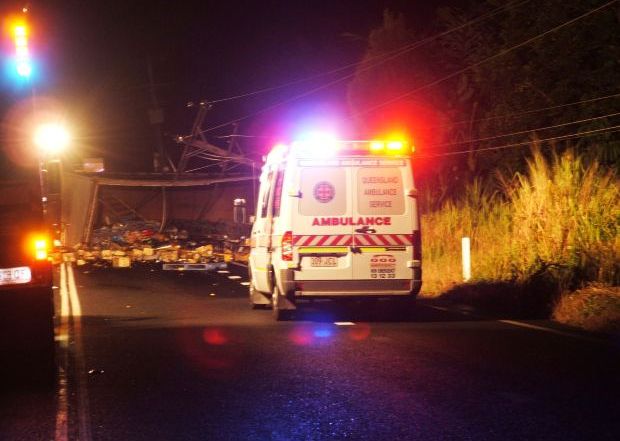
Why Fire Insurance Claims Are Rejected
Wildfires and other extreme weather events made the Summer of 2024 the most destructive season in Canadian history for insured losses, according to the Insurance Bureau of Canada (IBC).
With over $7 billion in insured losses, the record setting Summer of last year needs to be taken in context; as the IBC notes, extreme weather only figures to get worse in the future, and the efforts to coordinate and invest in climate adaptation have been overshadowed by discussions around emissions. It boils down to this: More Canadians will be filing fire insurance claims and other property insurance claims as a result of extreme weather, not to mention, all the property insurance claims made for other reasons.
Unfortunately, some will run into unexpected hurdles, which is why we have prepared this guide on why fire insurance claims are rejected. For anyone facing a denied fire insurance claim, it’s helpful to understand what influences the decision making processes of insurers, what they look for, and how policyholders can prepare or respond.
Common Reasons for Fire Claim Denials
When an insurance company rejects a fire claim, they typically point to a specific clause in the policy or a failure to meet a condition. These explanations can be confusing or seem overly technical—especially during a stressful time.
Here are some of the most frequent issues that come up:
Incomplete Documentation
Insurers rely on evidence to assess the value of a loss. If key documents are missing—photos, receipts, inventories, or contractor estimates—the insurer may argue that there’s not enough information to support the claim. Even when the loss is obvious, insurers may delay or deny payment until more proof is provided.
Breach of Policy Conditions
Most insurance policies include conditions that must be followed after a loss. If a fire is reported late, if the property isn’t secured to prevent further damage, or if the insured doesn’t cooperate with the investigation, the insurer may treat that as non-compliance. In some cases, even an unintentional mistake can become grounds for denial. Your insurer will also review whether or not you disclosed material facts about the use and condition of the property at the time that the policy was issued to see if the claim should be denied.
Excluded or Questioned Cause of Loss
Not every fire is covered. If the fire was caused by something that clearly wasn’t up to fire safety regulations or if the property was vacant or abandoned, the insurer may argue that it falls within a specific policy exclusion. When the cause is unclear, the insurer might also delay the claim while the investigation continues—particularly if there’s a question of negligence or intentional damage.
Gaps in Insurance Coverage
Denials also occur when the policy isn’t active or was recently cancelled. A missed premium payment, even if accidental, can lead to a lapse in coverage. If a claim is made during a gap in the policy period, the insurer may decline to pay.
Misrepresentation or Disputed Facts
Insurers are required to screen for potential fraud, and that process sometimes leads to disputes—even in legitimate claims. If the insurer believes the loss was exaggerated, or that important information was omitted, they may take the position that the claim cannot be paid. Insurance adjusters will look carefully at the list of damaged contents that are being claimed and will challenge the homeowner to prove with receipts, photos and credit card records that they owned property that was lost or damaged in the fire.
What Happens During a Fire Claim Review
Once a fire incident is reported, the insurance claims process typically assigns an adjuster to investigate. That review may include site visits, interviews, documentation requests, such as fire department reports, and consultations with outside specialists. The adjuster compares the findings to the terms of the insurance policy and provides a recommendation.
Delays can happen if the insurer needs further clarification, or if the adjuster’s findings conflict with the claimant’s documentation. In some situations, an insurer may issue a partial payment while continuing to investigate other parts of the claim. In others, they may issue a denial letter without offering a detailed explanation.
What to Do If Your Claim Is Denied
A denied fire insurance claim doesn’t necessarily mean that you are without options.
Review the Denial Letter Carefully
Insurers are required to explain why a claim has been denied. The letter should reference specific terms or reasons. Understanding the basis of the decision helps determine whether there’s room to challenge it—and what kind of documentation might help.
Organize Supporting Documentation
If the insurer cited a lack of evidence, begin gathering and organizing records. That may include estimates from contractors, emails, photographs, or reports from the fire department. Even information that seemed secondary at the time can help clarify the scope and cause of the damage.
Respond Within Deadlines
Most policies include timelines for submitting additional information or for initiating legal proceedings. In Ontario, the general limitation period for bringing a claim is either one or two years from the date of the denial—but earlier deadlines may apply depending on the circumstances.
Seek Legal Guidance
If you believe the denial was based on an incorrect interpretation of your policy, or if you’re not getting clear responses from your insurer, legal advice may be appropriate. A lawyer can help review the claim, assess the insurer’s reasoning, and explain whether there’s a strong basis to dispute the decision.
When Legal Action May Be Warranted
Legal intervention isn’t always required. When insurance companies deny fire claims, they can sometimes be resolved through internal appeals or by submitting more documentation. But when the insurance provider refuses to revisit the decision—or if the handling of the claim appears unfair or inconsistent—pursuing a legal claim may be the next step.
Legal action may involve a breach of contract claim, or in some cases, a bad faith claim. The latter applies when the insurer’s conduct shows a failure to act honestly, promptly, or fairly during the investigation or settlement process. While not every denial meets that threshold, the option remains important in cases where other remedies have failed.
Strengthening a Fire Insurance Claim From the Start
There’s no way to make a fire loss easy. But certain practices can reduce the risk of denial if a claim ever needs to be filed:
- Keep digital copies of receipts and insurance documents
- Photograph major possessions and renovations periodically
- Understand what your policy excludes
- Notify your insurer promptly if a fire occurs and follow all instructions carefully
Taking these steps doesn’t guarantee payment—but it gives you a foundation for presenting a strong claim.
Need Help With a Denied Claim?
If your fire insurance claim has been denied or delayed, and you’re unsure about your next steps, legal advice can make a real difference.
At McNally Gervan LLP, we focus on insurance law and represent clients facing denied or underpaid claims. Whether your situation involves a house fire, a motor vehicle accident requiring accident benefits, or another type of insurance dispute, we’re here to help. We’ll review your file, explain your rights, and help you chart a practical path forward.
As an Ottawa personal injury and insurance law firm, we understand how overwhelming it can feel when insurers don’t follow through. That’s why your first consultation is always free—and there’s no obligation to move ahead if legal action isn’t the right fit.






Follow Us